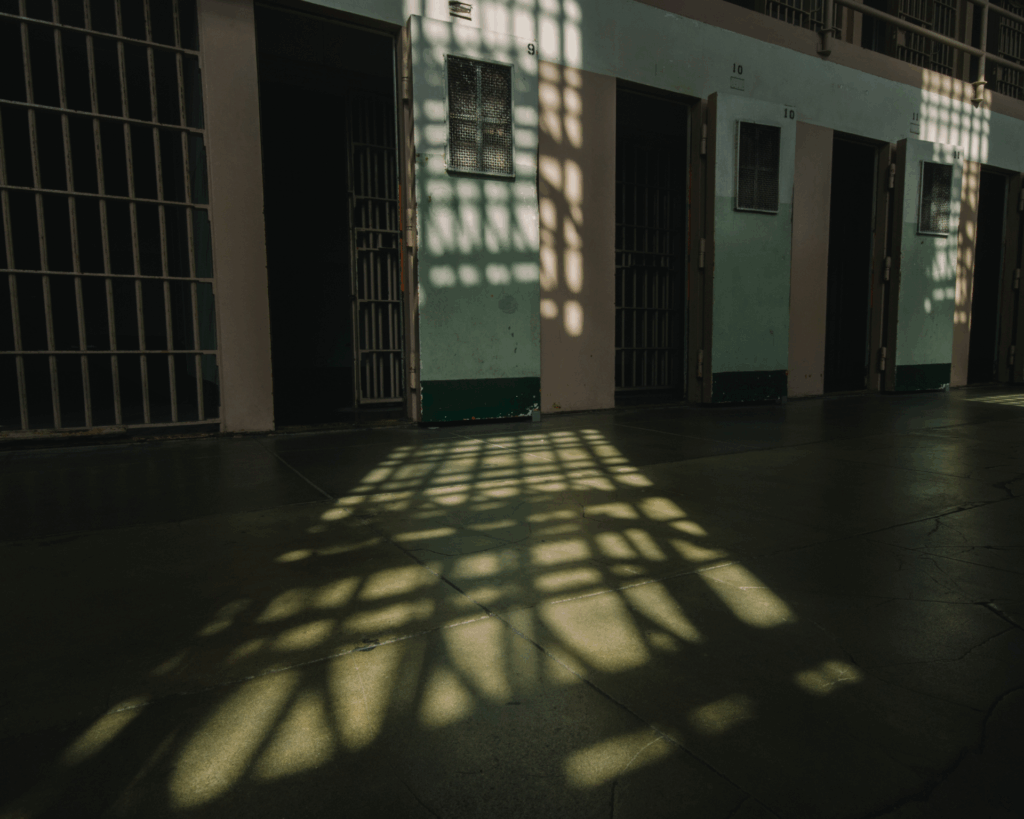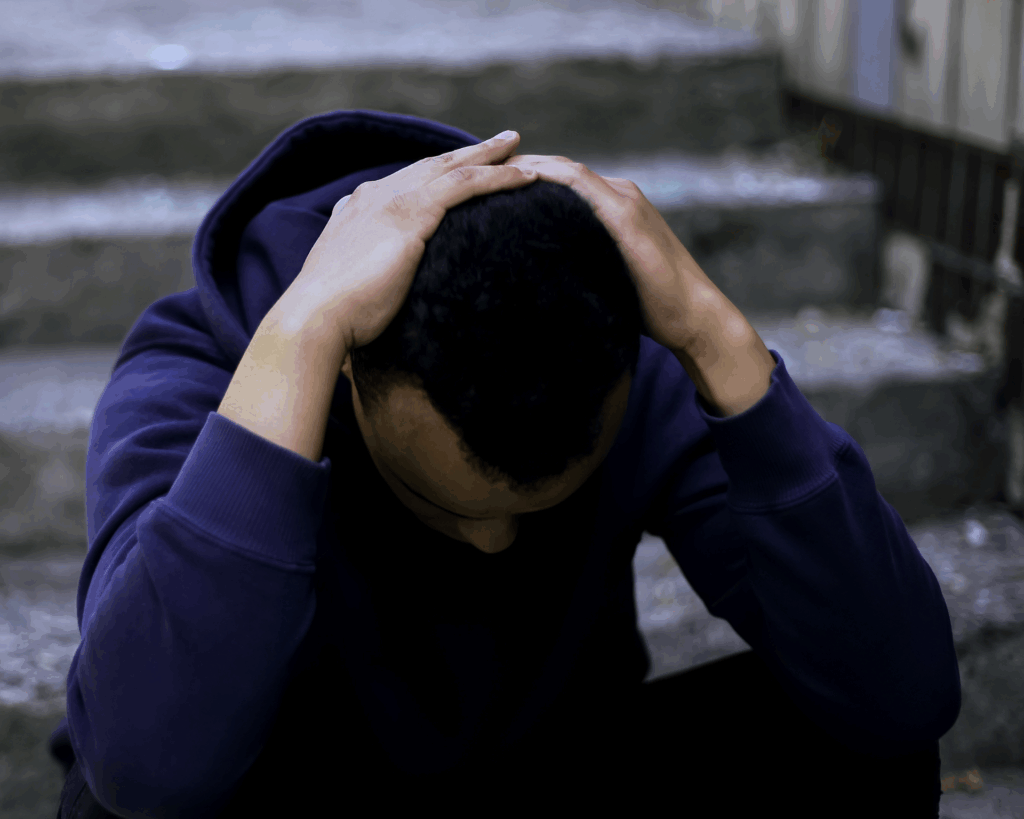Evictions Matter for Neighborhood Health
Researchers examined associations between neighborhood-level eviction filing rates and self-rated mental health status.

Read Time: 4 minutes
Published:
The COVID-19 pandemic created an eviction crisis and highlighted the connection between evictions and health. Yet housing insecurity is a longstanding public health challenge. This is particularly true in Memphis, Tennessee, which was deemed the eviction capital of the United States in 2017. Before the pandemic, nearly 1 in 5 renters in Memphis had an eviction filed against them. Between 2016 and 2019, an average of 31,633 evictions were filed every year.
Being evicted and the threat of eviction are associated with a host of negative physical and mental health outcomes ranging from poor self-rated health, poor birth outcomes, and increased emergency room use. These risks are not equally spread throughout society. Black communities and households with children face a particularly high risk of eviction.
Memphis is a racially segregated, majority-Black city. In addition to being the eviction capital, Memphis is rife with racial inequities. Black Memphians experience higher rates of chronic disease, poverty, and shorter life expectancies than White residents. Based on these factors, my colleagues and I wanted to examine the relationship between eviction filing rates (i.e., the number of eviction filings divided by the renter population) and mental health outcomes across different types of neighborhoods before the COVID-19 pandemic. We sought to answer two questions:
1) How are eviction filings rates distributed throughout Memphis?
2) Are eviction filing rates linked to mental health outcomes in Memphis neighborhoods?
We linked eviction filing data from the Shelby County, Tennessee, General Sessions Court with publicly available health and socioeconomic data. We examined associations between neighborhood-level eviction filing rates and self-rated mental health status while adjusting for other relevant neighborhood characteristics.
Consistent with previous studies, we found that eviction filing rates were highest in majority-Black neighborhoods. Between 2016 and 2019, the average eviction filing rate was 16.9%. In majority-Black neighborhoods, the eviction filing rate was 21.2% compared to 12.9% in racially mixed neighborhoods, and 9% in majority-White neighborhoods.
Higher eviction filing rates were associated with poorer mental health across all neighborhoods. But, when we explored this relationship by neighborhood racial composition, the results changed. Higher eviction filing rates were only associated with worse self-rated mental health in majority-Black neighborhoods. The potential spillover effects of eviction filings and the concentration of eviction filings in Black neighborhoods provide two important insights for policy interventions and future research.
First, policies to prevent evictions and mitigate the negative effects of evictions must be race-conscious. There are many state and local-level policies to address evictions including rental assistance programs, legal assistance for renters facing eviction, rapid rehousing for people who become evicted, adequate enforcement of state and local legal protections, or implementing stricter protections for renters. However, these policies must account for how structural racism has and continues to shape eviction processes, housing policy, and health outcomes.
Research by Merritt and Farnworth demonstrated that state-level landlord and tenant policies work differently in majority-Black and majority-White neighborhoods. When states have a mixture of policies that benefit both landlords and tenants, the prevalence of evictions and eviction filings decrease in majority-White neighborhoods. But these same policies are associated with higher eviction and eviction filing rates in majority-Black neighborhoods. Additionally, evictions and eviction filings are higher in majority-Black neighborhoods, regardless of state-level policies.
Second, policies and interventions that address the adverse effects of eviction filings need to address neighborhoods, not just individuals. While our study cannot say that living in a majority-Black neighborhood with high eviction filing rates causes poorer mental health, we show that poorer mental health outcomes and high eviction filing rates are both concentrated in majority-Black neighborhoods. Place-based interventions that address both the housing and mental health needs of Black neighborhoods are needed.
The COVID-19 pandemic exacerbated an ongoing eviction crisis, particularly in Black neighborhoods. Race-conscious interventions are needed to both prevent evictions from happening in the first place and mitigate the negative health consequences.
Photo via Getty Images



